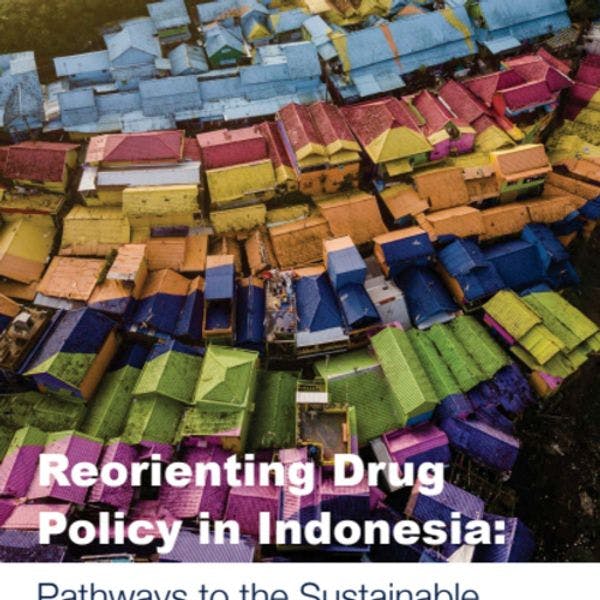Réorientation de la politique en matière de drogues en Indonésie : Pistes pour la réalisation des Objectifs de développement durable
Reprieve et LBHM examinent les contradictions entre les objectifs de développement et des politiques en matière de drogues punitives, ainsi que leur impact négatif sur les résultats sociaux, économiques et environnementaux. Pour en savoir plus, en anglais, veuillez lire les informations ci-dessous.
Indonesia demonstrates a big commitment to achieve Sustainable Development Goals by 2030. The goals that are set by the United Nations in 2015 cover numerous areas, including economics, health, education, gender equality, environment, justice and peace. With the motto of ‘leaving no one behind’, the Indonesian government tries to mainstream the goals in its policies and programs across multiple ministerial bodies.
However, the efforts of achieving SDGs walk in parallel with Indonesia’s tough stance on drugs that is obvious in the jargon of ‘the war on drugs’. Supported by academics, many organizations of people who use drugs and human rights groups show how the punitive method as what Indonesia is still applying creates more injustice as it undermines the health aspects and fuel discrimination. The intended and unintended consequences of Indonesian drug policy are counter-productive to the SDGs goal Indonesia so keenly set.
Reprieve and LBHM, with the support of the Embassy of Switzerland in Indonesia, tried to delve further into the intersection between the drug policy and SDGs. Today, 26th June, as the world celebrates the World Drug Day, we publish a report titled “Reorienting Drug Policy in Indonesia: Pathways to the Sustainable Development Goals”. The report aims to open more dialogues about the drug policy that are derived not from blind fears but rather from research-based evidence.
Téléchargements
Sujets
- Prisons et incarcération
- Santé et réduction des risques
- Action policière
- Droits humains
- Réduction des risques
- Genre
- Réforme des lois sur les drogues
- Traitement de la dépendance à la drogue
- Développement (ODD +)
- Peine de mort
- Justice pénale
- Centres de détention forcée
- Accès aux médicaments sous contrôle
- Décriminalisation, réglementation et réforme
- Développement et environnement
